This site catalogs the open materials datasets from TRI's Energy & Materials Division and collaborations with our research partners. These datasets were generated for insights into materials synthesizability, battery development, multi-element corrosion analysis, and other applications at the heart of clean energy technologies.
This dataset includes code and data used to construct an interpretable, diagnostic-free model for onboard battery health diagnosis and prognosis, along with an interpretation of aging mechanisms.
Open Dataset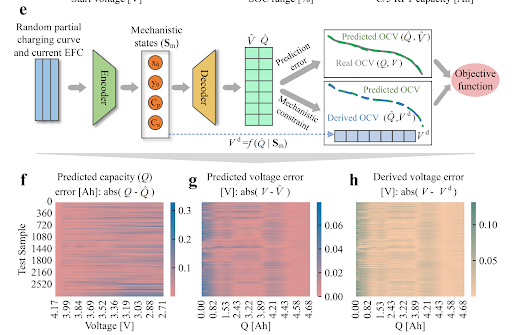
In this work, we generate a diverse battery cycling dataset with a broad range of degradation trajectories. We consolidate aging via 16 mechanistic state-of-health (SOH) metrics, including cell-level performance metrics, electrode-specific capacities/state-of-charges (SOCs), and aging trajectory metrics.
Open Dataset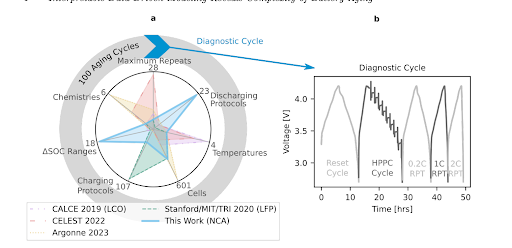
This dataset includes raw formation data and structured aging cycling data processed by TRI-AMDD's BEEP battery cycling processing software. BEEP structured data includes interpolated cycling data (with a more manageable data size) and cycle summaries.
Open Dataset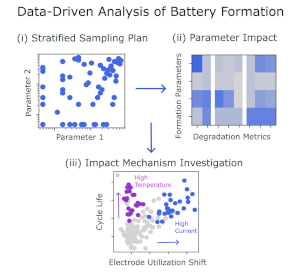
This dataset can be downloaded from HTP-MD, an open-source web application for interacting with extracted and predicted properties based on raw molecular dynamics trajectory data of polymer systems containing Li-TFSI salts. HTP-MD contains data from MD simulations of 5962 polymer-salt systems.
Open Dataset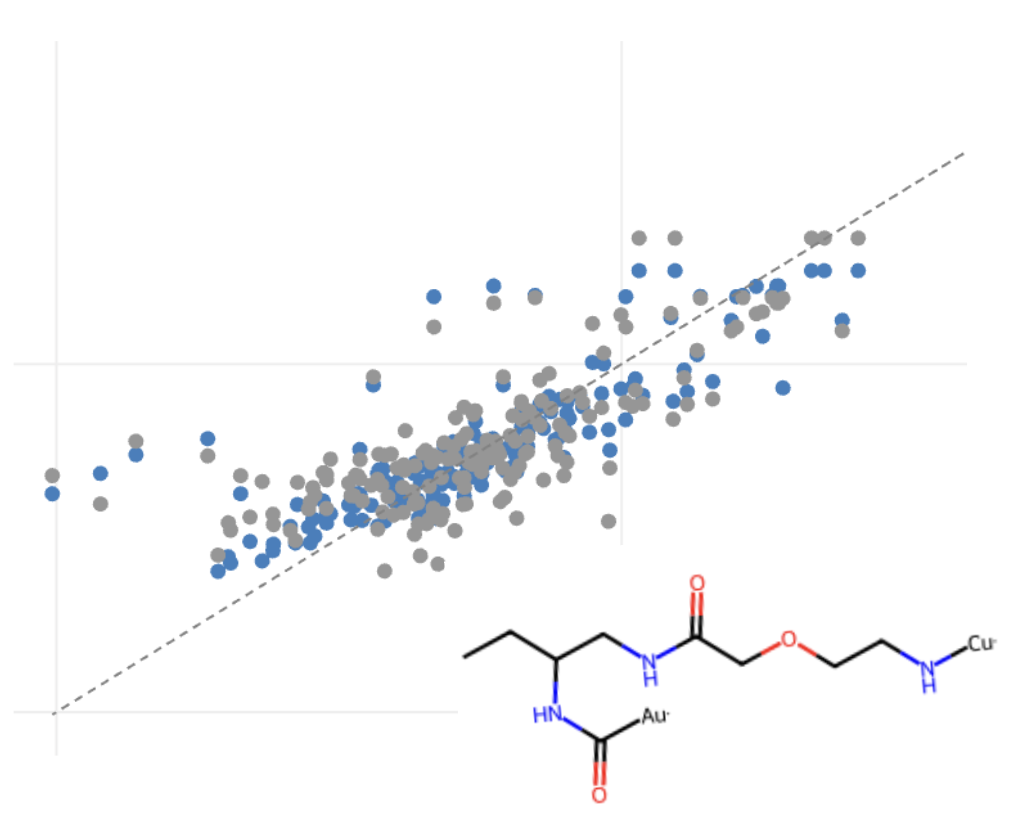
This dataset is composed of the complete results of exploration of crystal structures by the TRI-AMDD autonomous simulator, CAMD. Data includes both metastable and unstable crystal structures.
Open Dataset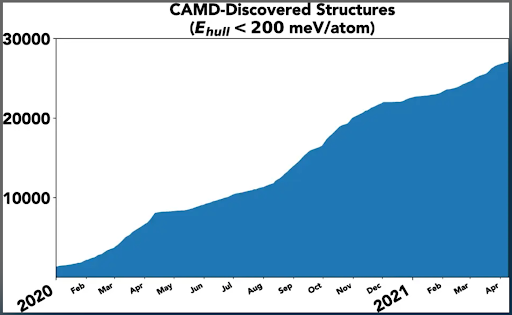
This dataset contains data, code, and visualizations deriving from a study of LixFeO4 nanoplatelets at three stages of charge cycling: fully lithiated (LFP), partially delithiated (LFP50), and fully delithiated (FP).
Open Dataset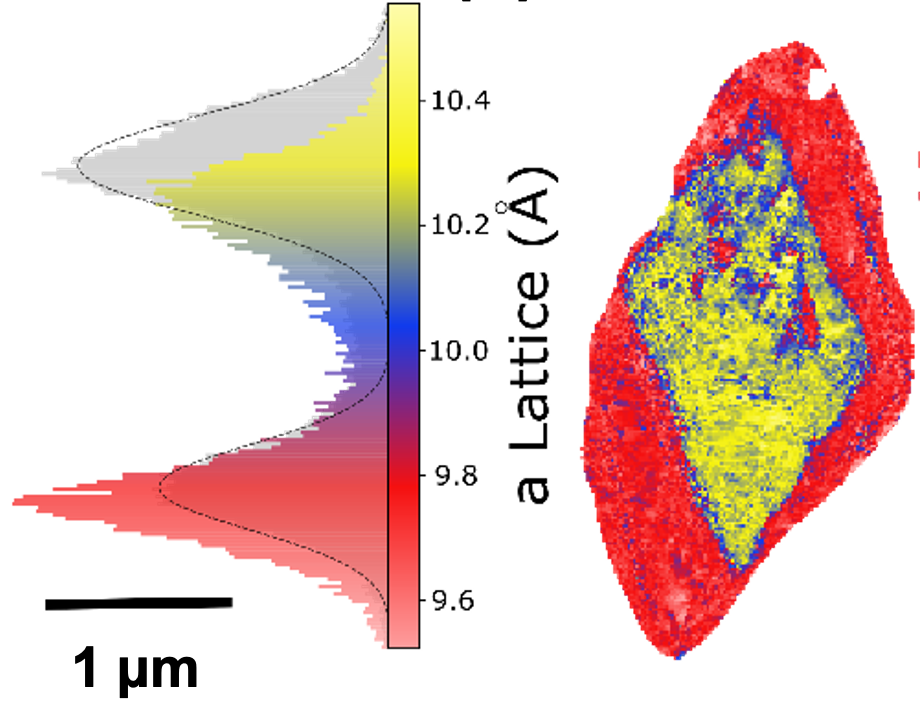
This dataset comprises all aqueous electrolytes characterized as we attempted to autonomously design battery electrolytes with high-throughput experimentation coupled to machine learning.
Open Dataset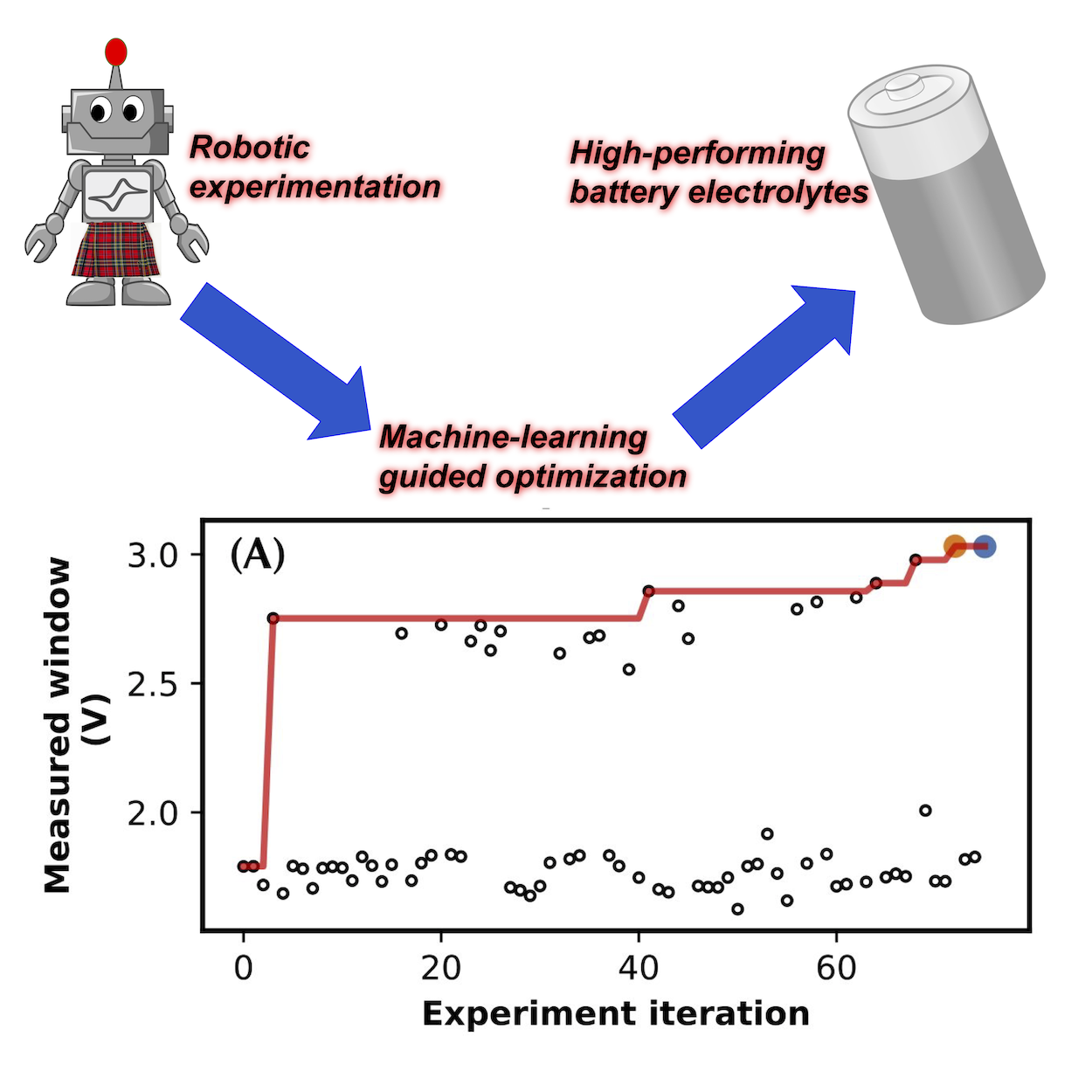
This dataset is composed of computational X-ray absorption near edge structure (XANES) spectra for crystal structures from the Open Quantum Materials Database and the Materials Project, and corresponding local properties at the absorbing atom.
Open Dataset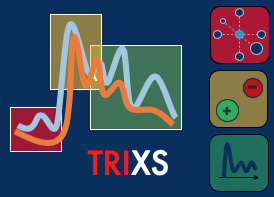
This dataset comprises the database of new structures discovered by CAMD, in addition to the seed data used to train the machine learning model powering the autonomous loop.
If using in a publication, please cite:
Joseph H. Montoya, Kirsten T. Winther, Raul A. Flores, Thomas Bligaard, Jens S. Hummelshøj, and Muratahan Aykol, Autonomous Intelligent Agents for Accelerated Materials Discovery, Chem. Sci., 11, Pages 8517-8532 (2020).
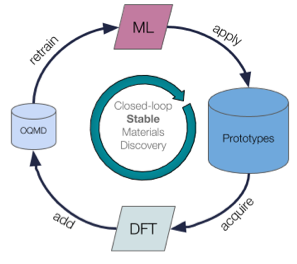
This dataset describes catalyst activity data for 4 sets, each of which includes 2000 unique compositions. The py3 dictionary .pck is indexed first by the plate_id (identifier for the dataset) and then keys such as "comp" that provides the metals composition for each catalyst and "fom" that provides the catalyst figure of merit (overpotential at 3 mA/cm2) for each catalyst.
Open Dataset
This dataset, used in our publication “Closed-loop optimization of extreme fast charging for batteries using machine learning”, consists of commercial lithium-ion batteries cycled under fast-charging conditions.
Open DatasetThis dataset, used in our publication “Network analysis of synthesizable materials discovery”, corresponds to the scale-free network constructed by combining the convex free-energy surface of inorganic materials computed by high-throughput density functional theory and their experimental discovery timelines extracted from citations.
Open Dataset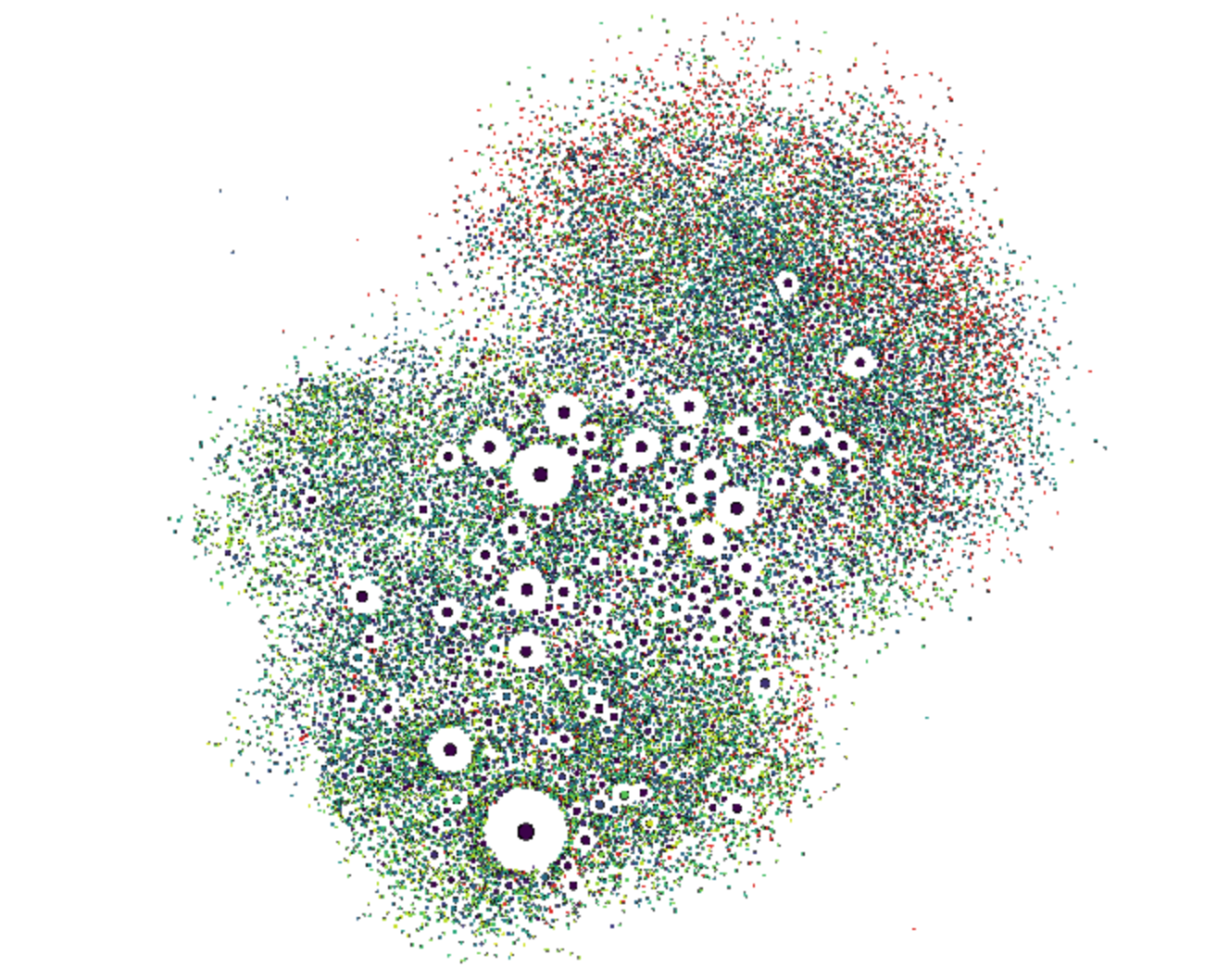
This dataset, used in our publication “Data-driven prediction of battery cycle life before capacity degradation”, consists of 124 commercial lithium-ion batteries cycled to failure under fast-charging conditions.
Open Dataset